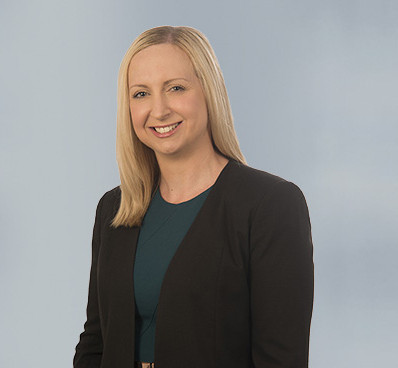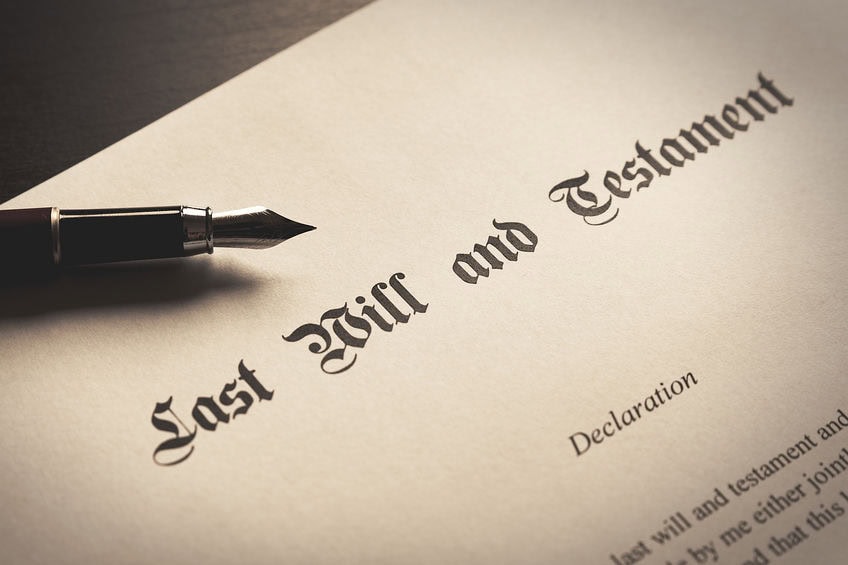In Queensland 9/10 Family Provision Applications (FPAs) settle at a mediation, or shortly thereafter, rather than proceeding to a trial. Below is a list of the usual steps which are required to be taken in relation to an FPA:
1. Within six (6) months from the date of death of the deceased, notice of your intention to make an FPA against the estate must be given to the Executor of the estate or their solicitors.
If you do not give notice of your intention in writing within 6 months from the date of death, the Executor is entitled to distribute the estate in accordance with the Will, or pursuant to the rules of intestacy, without regard to your claim.
If you wish to make a claim after this period, you are only able to make a claim against the assets of the estate that have not yet been distributed.
2. Within nine (9) months of the date of death of the deceased, you must do the following:
- file your Originating Application in the court, along with your supporting Affidavit; and
- serve the Originating Application, along with your supporting Affidavit and a draft Directions Order which you propose, on the Executor or their solicitors. The draft Directions Order is essentially a timetable for the matter.
3. Within fourteen (14) days of being served with the documents in Step 2 above, the Executor or his/her solicitors must respond to your proposed Directions Order by either agreeing to it or suggesting an amended timetable/Directions Order. After the Directions Order has been agreed and signed by both the Executor’s solicitors and your solicitors, it is then filed in the court.
4. The Directions Order will confirm the date when the Executor is to serve copies of your Application and supporting Affidavit on any person who is entitled to bring an FPA against the estate and any beneficiaries who will be affected by the FPA.
5. Any person who has been served in Step 4 above, must then make a decision if they want to join the proceedings and be separately represented by other solicitors. If they do, they must file and serve a Notice of Address of Service, which must also detail whether they intend to bring an FPA against the estate. The time for doing this will be provided in the timetable/Directions Order.
6. Anyone who has filed a Notice of Address for service will also need to file and serve their affidavits by the date stated in the Directions Order.
7. In accordance with the Directions Order, the Executor will then be required to file and serve an Affidavit detailing the assets and liabilities of the estate, and also responding to your Affidavit and any other Affidavits filed by parties who have joined the proceedings.
8. The Directions Order will also provide a date for any of the parties to the proceedings to file and serve any further affidavits.
9. The parties and their legal representatives can then participate in a “without prejudice” discussion or meeting about the matter. However, this stage can be skipped if all parties agree to proceed to a mediation.
10. Mediation is the next step and is mandatory in FPAs. A mediator, who is an experienced Barrister, is an independent party and will go between the parties and their legal representatives and try to get them to agree to a resolution of the matter. If the parties come to an agreement, they will sign a Deed of Settlement/Terms of Settlement at the Mediation.
11. If an agreement is reached at Mediation, an Application for Final Orders will then be made to the Court to approve the settlement.
12. If the Application is not resolved at the mediation stage the matter will then be prepared for a trial and a trial date will be set.
Although FPAs can be settled at any stage in the process, it is important that specialist legal advice is obtained and any agreement is recorded in writing in a Deed of Settlement or Terms of Settlement. It is also important that the strict time limits of six (6) months and nine (9) months from the date of death of the deceased person are followed.
Contact Us
If you have any questions, or wish to discuss contesting or defending a Will, please contact Turner Freeman Lawyers’ Wills and Estates Team on 07 3025 9000. Jenna Hutchinson and Laura Hagan practise exclusively in Succession Law and would be happy to have a chat with you.

